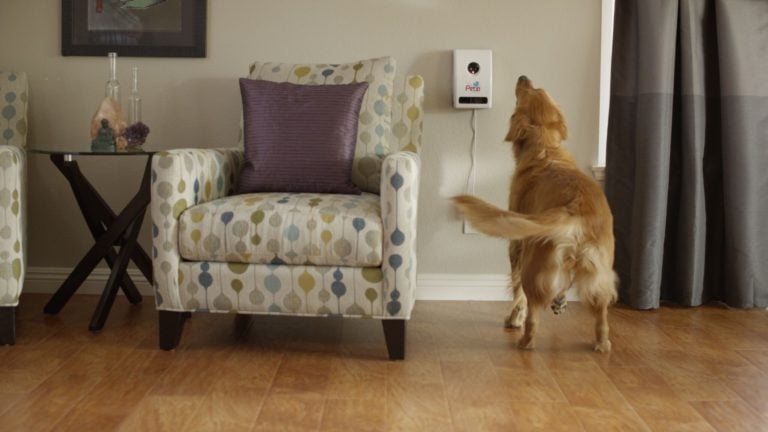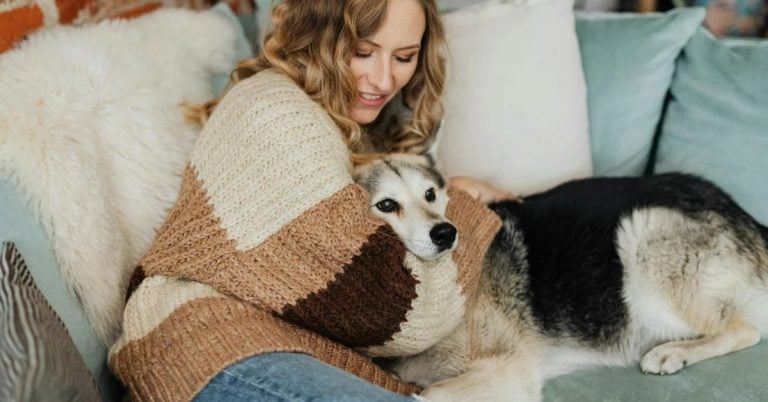15 Beliefs People Have About Dog Care That Are Completely Wrong

Stories shared from one pet owner to another can be comforting but not always correct. The boundary between what is real and what is assumed tends to dissolve over time, especially in discussions about health, behavior, training, or more. These beliefs should be questioned before they cause lasting harm.
Earning Respect Requires “Alpha” Behavior

The old dominance narrative has long been debunked. Dogs aren’t trying to take charge; they’re looking for consistency and connection. Force-based methods often fuel fear or aggression, while structured guidance builds trust and strengthens the human-animal bond.
Guilty Looks Prove Misbehavior

Those lowered ears and averted eyes don’t mean guilt—they’re signals of appeasement. Canines react more to your tone than your words, picking up on emotions rather than recalling any wrongdoing. They’re not feeling guilty; they’re just trying to keep the peace.
Dry Noses Mean Sickness

Moisture levels shift throughout the day and can change with climate or indoor air. A dry snout alone doesn’t reveal much. Paying attention to appetite or behavior offers a more reliable glimpse into your dog’s health.
Crate Training Is Cruel

Crates mimic natural dens and offer a sense of security. When introduced gently with positive associations, they become a trusted retreat—a calm space dogs choose to rest in when the world feels overwhelming or chaotic.
One Year Equals Seven Human Years

This simplified ratio doesn’t consider breed or size. A one-year-old canine is more comparable to a teenager than a second grader. Understanding the breed-specific aging process is key to providing the right care at the right time.
Grass Eating Means They’re Sick

Munching on backyard greens doesn’t mean your dog is unwell. Curiosity or simple boredom often drives this habit. In most cases, it’s an instinctive behavior rather than a sign of sickness and rarely indicates anything serious.
A Wagging Tail Equals Joy

Not all tail movement suggests happiness or excitement. A stiff or high-held swish can signal tension or alertness, but the real story lies elsewhere. Eyes and overall stance reveal emotion far more accurately than a tail ever could.
Sharing The Bed Is Not Good

Co-sleeping with your dog can deepen the bond and ease anxiety for both of you. That nighttime closeness offers comfort and security. As long as boundaries are respected, sharing a bed is a sign of trust and not a bad habit.
Table Food Is Always Harmful

Not every human snack is harmful. Items like plain rice or cooked carrots can be nutritious in small portions. But the real danger lies in ingredients like grapes or onions. Knowing what’s safe for your pet helps avoid accidental harm without eliminating shared treats entirely.
Wait To Socialize Until Full Vaccination

Delaying social experiences can lead to lifelong behavioral issues. A puppy’s prime window for positive exposure closes around 16 weeks, which makes early introductions essential. Meeting new people and interacting with other animals during this time makes a well-adjusted companion.
Only Big Breeds Need Daily Walks

Little pups might not take up much space, but they often have loads of energy to burn. Breeds like Jack Russells need regular ways to stay busy. When that’s missing, trouble usually follows. Staying active helps them stay calm and easy to live with.
You Shouldn’t Play Tug-Of-War With Your Canine

Many believe tug-of-war encourages aggression, but that’s a myth. When played with rules, it helps dogs develop impulse control and enjoy structured interaction. This kind of play also deepens trust and reinforces basic commands in a fun and engaging way.
More Baths Mean Better Hygiene

Overbathing can do more harm than good. Frequent washing strips protective oils and leads to dry skin and irritation. Most four-legged friends only need a bath every few weeks unless advised otherwise. Healthy hygiene depends more on skin condition than how fresh it smells.
Nose Rubbing Teaches A Lesson

This outdated punishment does little to teach and often causes more harm than good, creating fear without understanding. Trainers now emphasize positive reinforcement, where guidance built on trust leads to better habits and fewer house-training mishaps.
Pets Don’t Experience Depression

Mood shifts are very real. Changes in sleep, appetite, or interest after a loss or life disruption can signal emotional distress. Grief and sadness impact dogs and their emotional well-being deserves the same care as physical health.




